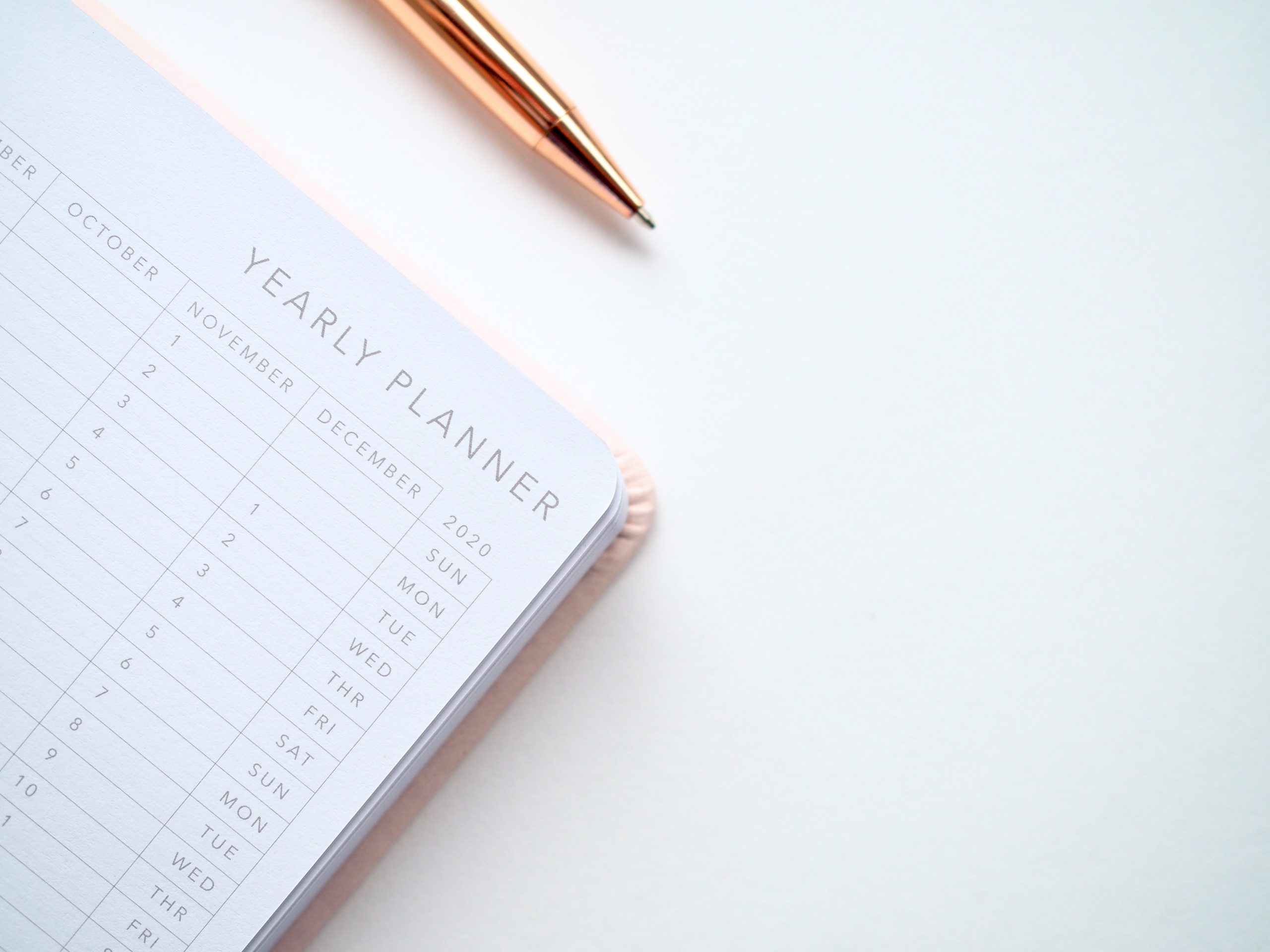For Your Safety - Screening, masks, and sanitation will continue to be implemented at our facility. Please see our blog post for more information.
Your first physiotherapy appointment might sound daunting at first, especially if you’ve never been to one before. Maybe your doctor recommended physiotherapy. Or perhaps a friend suggested it after you experienced a nagging and persistent injury.
Whatever the case may be, we’re here to help you calm those nerves.
Visiting a physiotherapist is an excellent way to enhance function, improve strength, increase flexibility, and generally, feel better after pain or injury has happened. A physiotherapist can help you get back to your sport of choice or help you get back to your favourite activities, free from pain and without worry of re-injury.
So, let’s get down to it. What should you expect at your first physiotherapy appointment?
Before You First Appointment
So, you’ve scheduled your very first physiotherapist visit. Now what?
It’s time to plan ahead!
Before your physiotherapy appointment, make sure you plan to arrive about 10-15 minutes before. This allows adequate time for you to fill out any new patient intake forms, insurance information, or questionnaires.
Generally, you also want to wear loose and comfortable clothing. For example, as part of your initial assessment, you may need to walk or squat while your physiotherapist observes your movement patterns. Wearing loose and comfortable clothing makes this that much easier.
Before your appointment, it’s also important to make sure you properly hydrate yourself and eat a small meal or snack.
During Your First Appointment
Your first appointment consists of an initial assessment. This is where your physiotherapist will test your strength, flexibility, function, gait, reflexes, and more to properly diagnose the issue and determine an appropriate treatment plan. They may also use palpation techniques to assess the injured or affected area.
Typically, this assessment lasts for at least 60 minutes. Along the way, feel free to ask any questions you might have. Your physiotherapist will communicate the entire time, often coming to a conclusion toward the end of your assessment.
From there, your physiotherapist diagnoses your condition or injury. They will let you know when and how often they expect to see you. They may also offer up a general timeline regarding what you can expect when it comes to making a full recovery.
After Your First Appointment
On your way out from your initial appointment, you can book any follow-up appointments you require.
In the days that follow, you may also feel quite sore, depending on the different tests that were completed during your assessment. This is only temporary. Any soreness should subside in about 24-48 hours. During this time, make sure you keep your body properly fuelled and hydrated, since this can help dissipate any lingering soreness.
In your next appointments, your physiotherapist will deliver treatment to help address your complaint. Treatment may involve:
- Manual therapy techniques
- Prescribed exercises
- Heat therapy
- Cold therapy
- Acupuncture
- Stretching
- Modalities
- And more.
Most follow-up appointments are between 30-45 minutes. Depending on your pain or injury, the number of follow-up appointments you need may vary.
At Corydon Physiotherapy, our team strives to offer the most comfortable and friendly physiotherapy experience in Winnipeg. From the moment you walk in our doors, we treat you like part of the family.
If you’re ready to book your first physiotherapy appointment, you can do so by calling us at (204) 925-0380, emailing us at corydonp@mymts.net, or by using our self-serve online booking system.

